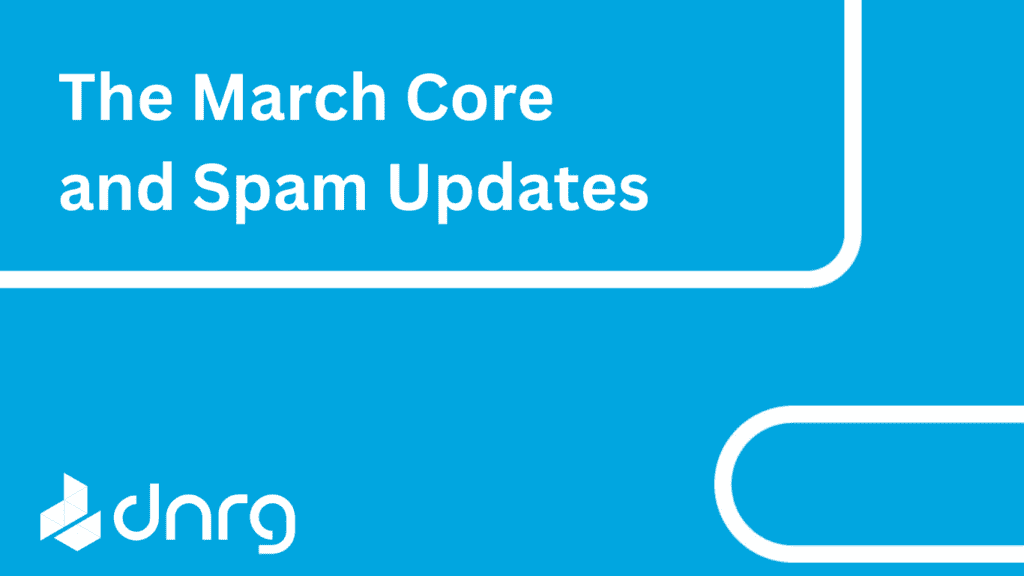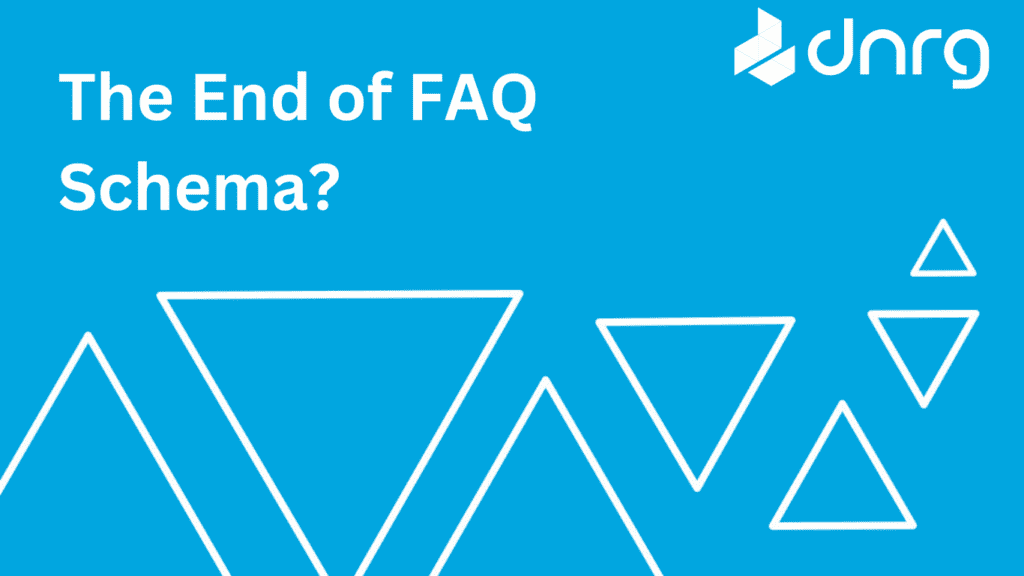Following Ahref’s recent study of SEO statistics going into 2023, we’re looking at the basics of what makes good and effective metadata – including titles and descriptions – and how you can prevent it from being changed by Google.
What is Metadata and Why is Metadata Important?
Metadata is what’s shown on the search engine results pages (SERPs) to indicate to users what a page contains. The title is the headline whilst the description will describe what the page is about. Metadata is an important opportunity to rank your page high in the SERPs and to encourage people to click on your result. So what do a good meta title and description look like?
Meta Titles
The Correct Meta Title Length
Meta titles should optimally be around 55-60 characters in length. If they’re too long, then Google is 57% more likely to rewrite the title tag themselves or use the H1 tag instead. And as well as character count, you also need to consider how long it is in pixels, with 580 pixels being the recommended limit for meta titles.
The Right Keywords
A meta title is the best place to include your target keywords. Depending on how long your keywords are, you should be able to include at least one or two keywords in your meta title, and possibly even a short call to action (CTA) too.
Pipes or Dashes?
To separate keywords or phrases on a meta title, either a pipe ‘|’ or a dash ‘-’ is used. A debate continues to rage about which is most effective, and a lot of time it comes down to personal preference for which one is used. However, studies have found that titles with dashes were less likely to be changed than ones with pipes.
However, it’s worth considering that pipes use up less pixel space than dashes, and Google measures the limit by pixel length and not characters, so when pipes are used they’re less likely to truncate.
Meta Descriptions
The Correct Meta Description Length
Meta descriptions should be no longer than 155-160 characters in length. Any longer than that and it increases the likelihood that meta descriptions will either be truncated in the SERPs or will be changed. In terms of pixel length, the optimal length is 920 pixels on desktop and 680 pixels (approximately 120 characters) on mobile.
The Right Keywords
As meta descriptions are longer, they’re a great opportunity to include more keywords in your metadata. You should look to include at least two keywords in your meta description, and can include a third if it naturally fits. You’re also able to mix up the length of keywords, as you’re able to include a long-tail keyword alongside short-tail. You can read more about keywords and keyword research in our complete guide to SEO.
Be Descriptive
As well as being an opportunity to include keywords, you also want to entice a user to click on your page. You’ll want to show why it’s relevant to them, so you should look to use your description to be descriptive about what’s included on the page. If it’s transactional what products can they find? If it’s informative, what information will they discover?
Include CTAs
Including calls to action are a great way of making use of the character count whilst also encouraging a user to perform an action, such as giving them a call, filling in a form or buying a product.
Find USPs
USPs, short for unique selling points, are unique aspects of a page or a site that will encourage users to click on your page in the search results rather than your competitors. What are you doing that makes you stand out, and can you condense that into a short summary?
Metadata Examples
Metadata is one of the key pillars of on-site SEO, and we have a number of strong examples of metadata we’ve created for our clients:
Metadata in SEO
Metadata is one aspect of on-site SEO that can improve your chances of ranking higher on search engines, which in turn can drive a higher number of clicks and conversions. At DNRG, metadata refreshes are just one of the many things we can implement to bring growth to your website and your business. Get in touch with us to discuss what on-site, off-site and technical SEO changes we can implement for you.







